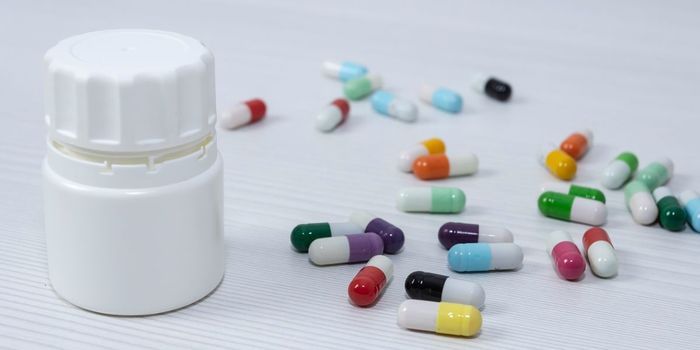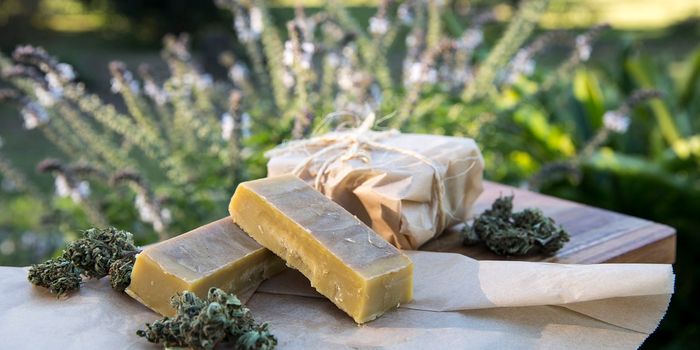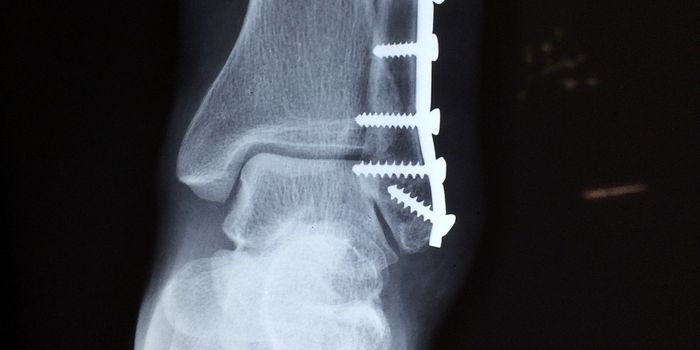Researchers Re-classify the 'Magic Mushroom' Drug

Researchers at John Hopkins have evaluated the safety and efficacy of compound, psilocybin, found in hallucinogenic mushrooms. They suggested that if evaluations pass phase III clinical trials then psilocybin should be re-categorized from a schedule I drug to a schedule IV drug. The findings were published in Neuropharmacology. "We want to initiate the conversation now as to how to classify psilocybin to facilitate its path to the clinic and minimize logistical hurdles in the future," explains Matthew W. Johnson, Ph.D., associate professor of psychiatry and behavioral sciences at the Johns Hopkins University School of Medicine. "We expect these final clearance trials to take place in the next five years or so."
According to the Controlled Substances Act of 1970, any compound that has the potential for abuse is placed based on the criteria that take into the account whether the drug has accepted medical use as well as its safety and the potential for abuse. Even though preliminary research studies suggest that psilocybin may be good for smoking cessation and for disorders such as cancer-specific depression and anxiety, it must clear phase III clinical trials before the Food and Drug Administration can be petitioned to reclassify it.
Research on animals and humans have shown that psilocybin holds low potential for abuse, the researchers say. "We should be clear that psilocybin is not without risks of harm, which are greater in recreational than medical settings, but relatively speaking, looking at other drugs both legal and illegal, it comes off as being the least harmful in different surveys and across different countries," says Johnson.
Additionally, psilocybin also is lowest in the potential for causing lethal overdose. However, that does not mean that psilocybin is less harmful than other drugs and not prone to compulsive abuse. "We believe that the conditions should be tightly controlled and that when taken for a clinical reason, it should be administered in a healthcare setting monitored by a person trained for that situation," says Johnson.
Watch this video to learn more about magic mushrooms:
Source: John Hopkins School of Medicine








